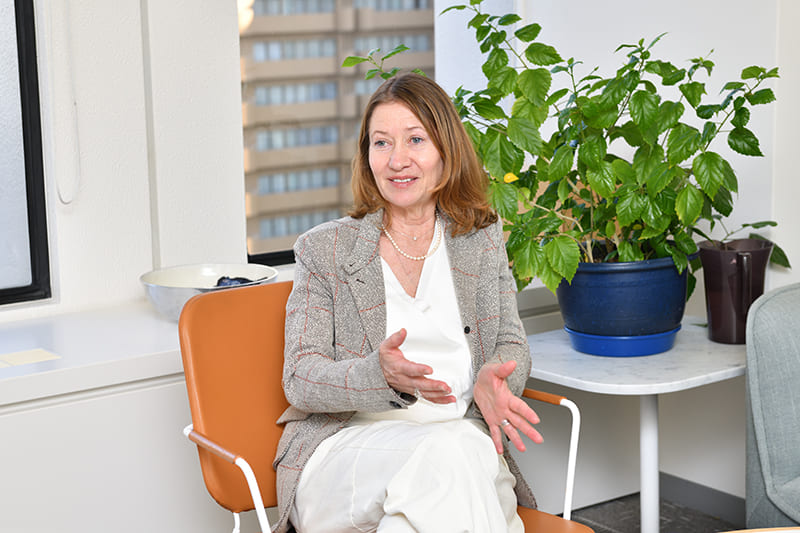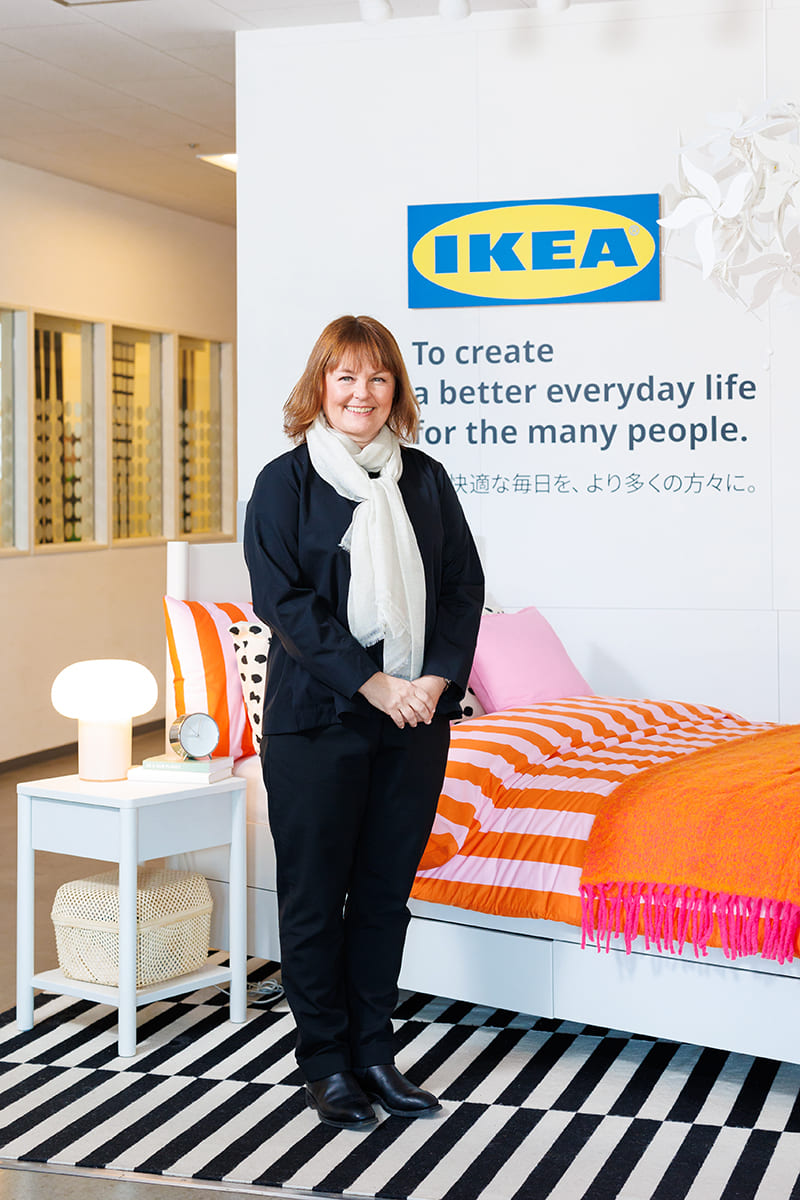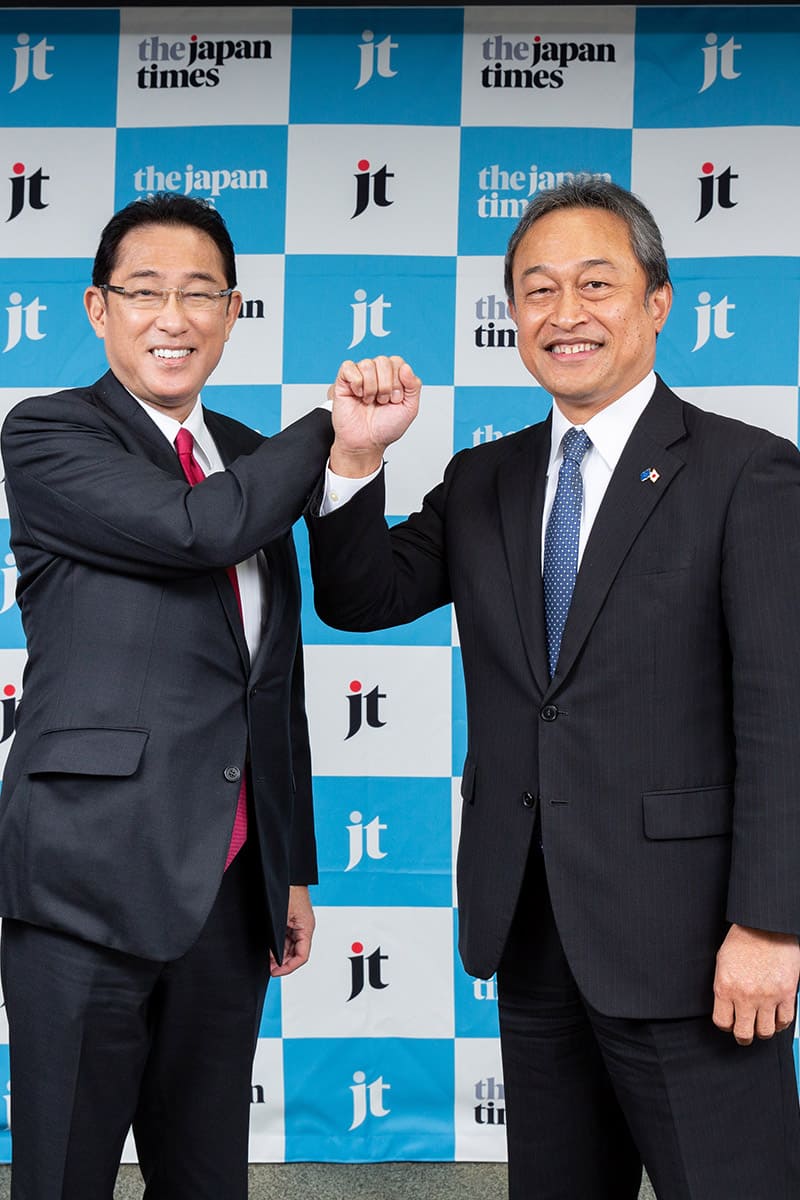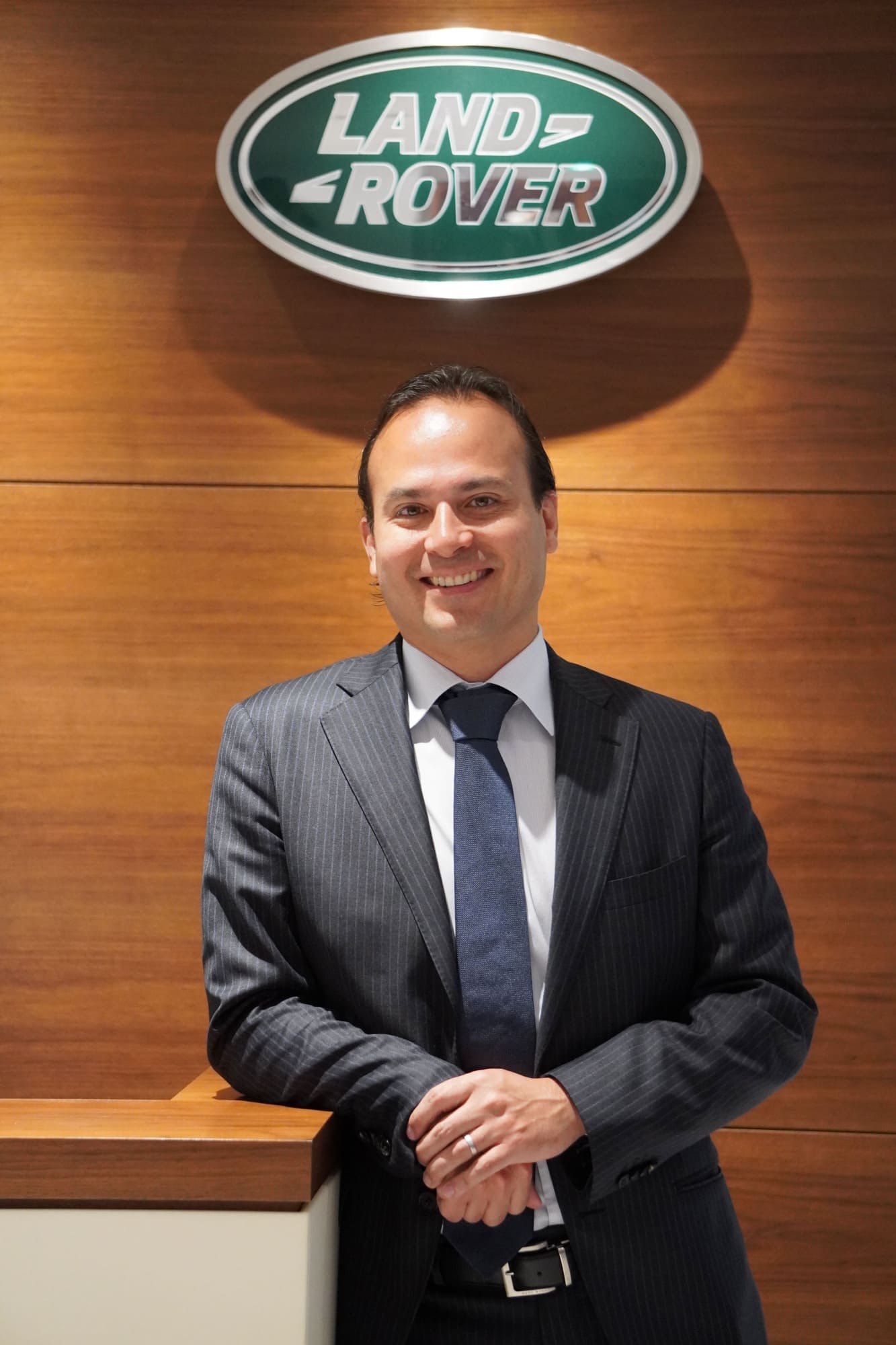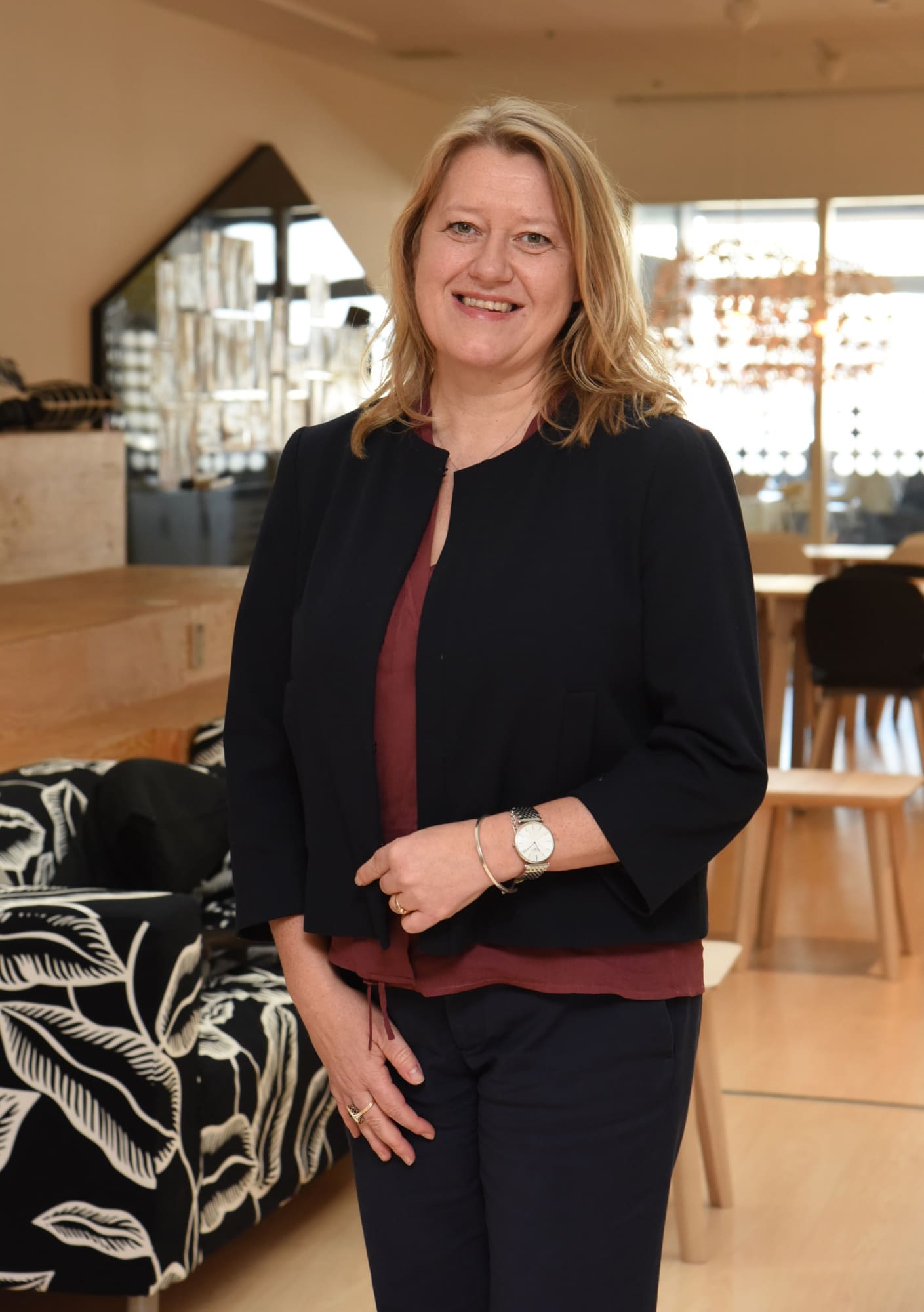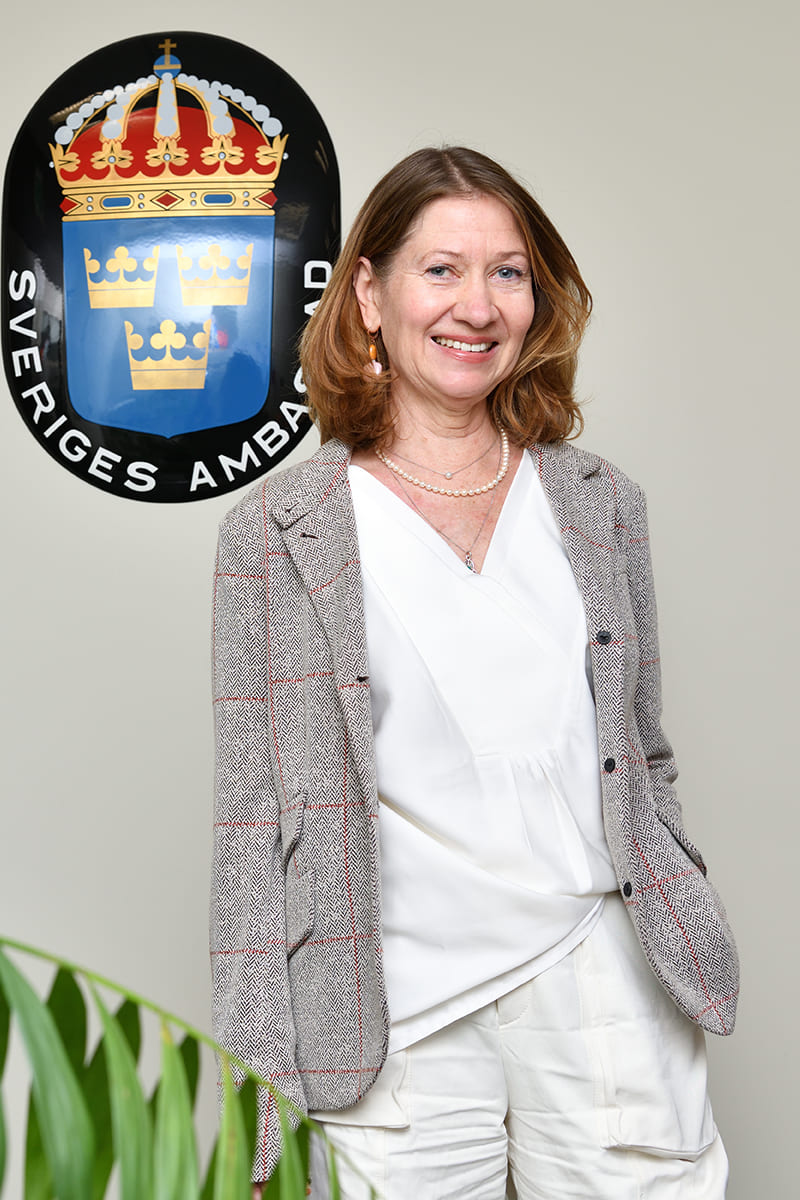
May 26, 2025
Less is more in sustainability for Swedish ambassador
Viktoria Li says her nation and Japan share ethos, can work together
- Name: Viktoria Li
- Title: Swedish Ambassador to Japan
- URL: https://www.swedenabroad.se/ja/embassies/japan-tokyo/
- Hometown: Stockholm, Sweden
- Years in Japan: Less than 1
Inspired by the pivotal events surrounding the fall of the Berlin Wall in 1989, Viktoria Li decided to reset the direction of her life. Despite the legal career mapped out ahead of her, she decided instead to take her knowledge and experience into the diplomatic field, believing Sweden’s unique model of law and social justice could help contribute to a safer and more prosperous world.
“It really felt like we were at a turning point in history,” explained Li, who was studying for a master’s degree in law at the University of Stockholm at the time. “It’s surprisingly similar to the feeling we have in the world today.” Against the background of climate change, pollution and deforestation around the world, Li — now the Swedish ambassador to Japan — spoke about the issues that most concern her and about areas where Japan and Sweden can make meaningful change.
Drivers of change
Li first arrived in Japan in August 2024 after serving as Sweden’s ambassador in Czechia and the counsel general of Sweden in Shanghai. “Japan was really just as I had expected,” she said. “It was very clean, very safe and very orderly.” She quickly found that Japan and Sweden had many areas of opportunity for cooperation.
“I think there are ample opportunities for Sweden and Japan to work together on sustainability,” she said. “Sustainability is very much related to energy, so we are working on our energy mixes and building a circular economy, so I think it’s about recycling, reusing and making better uses of the resources that we have, and I think Sweden has quite a lot of experience in green technology, which we are happy to share with Japan.”
Since the two countries are quite advanced both technologically and academically, she said, they can work more closely together on new technology that can help with the green transition, and she sees Osaka’s Expo 2025 as a perfect opportunity to showcase some of the ideas and technology that can contribute. She also believes that Japan and Sweden have differing strengths when it comes to green initiatives: “For example, while I think Sweden is a little ahead when it comes to recycling plastic, Japan is very ahead when it comes to using water efficiently, so I think there are always areas where Japan and Sweden can work together.”
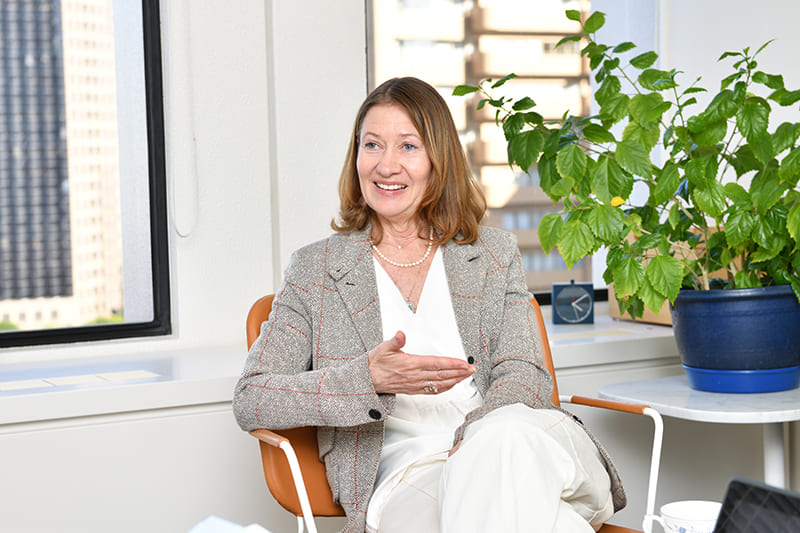
The circular economy
Li is proud of Sweden’s ambitious target of net-zero emissions by 2045, as well as the generous contributions Sweden makes to other countries to help them achieve their own net-zero targets. “While there’s no specific thing I can be proud of,” she said of Sweden’s green goals, “it’s actually the whole range of things you have to do to change society. And I think that what we have done right is that this all really starts in kindergarten, is that we start the awareness early, because it’s as much about the awareness to make sure everyone will be engaged.” Li sees this reflected across the gamut of Swedish society, from students and teachers to politicians and the corporate sector.
“Swedish companies are very aware when it comes to climate issues, and they are often in the forefront in both creating new technology as well as producing in a more climate-friendly way, so the cooperation between the government, enterprise and civil society stands as a triangle with issues such as climate and gender equality and other issues that need to be integrated into the whole economy. When you have these different actors working together, you can promote change in a more holistic way.”
Li doesn’t see any one sector of Swedish society to be the constant driver of change, but believes the division between business, government and civil society drives change to different degrees and at different times: “There’s always one sector pushing for change at a different time, and that’s what I think makes it come along so well, because there’s always that cooperation, and right now I think it’s the companies in Sweden who are in the driving seat, who are wanting to see action on climate change.”
Li hasn’t seen any of the cracks or types of pushback against green initiatives in Sweden that have started to emerge in other countries recently, but believes Sweden and the EU have been in the vanguard of championing the U.N.’s sustainable development goals. “I think we are still in the forefront, and I hope we will remain there,” she said. “Most companies and governments understand that supporting SDG initiatives is important to all our long-term survival, and if we don’t start now, we’ll be paying an even greater price in the future.”
Li believes there are a lot of similarities between Japan and Sweden, “There are so many similarities, I don’t know where to start,” she joked. “We are both quite long countries from north to south, so we both have different climate zones, both our countries are almost 70% forest. And I think both Scandinavian people and Japanese are also a bit more quiet. And I think we also share aesthetics — we like the idea that less is more. In fact, we have a Swedish word for it, lagom, which means you should have not too much and not too little.”
Getting to know Japan
Li gains a lot of inspiration from the many people she meets working across a multitude of sectors, and believes everyone has something to contribute. She also reads when she can, and enjoys novels. “I also like Japanese literature as well. I think it’s a good way to get to know a country, because you get a little bit under the skin.” She also likes to get out into nature, and enjoys skiing in Hakuba: ”Being Scandinavian, skiing is something that we do.”
For now, Li is very focused on the Nordic pavilion at the Osaka expo, especially Sweden’s opportunity to showcase its many sustainable and green-tech initiatives, as well as focusing on the many areas of strategic partnership between Sweden and Japan: “I hope that we can make words form into action, and make something that was agreed on to really happen — I think that’s an embassy’s main occupation.”
